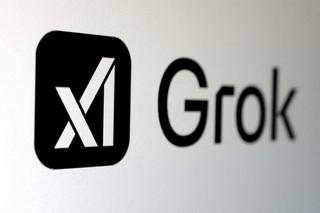Spain’s High Court on Monday, upheld the temporary suspension of Worldcoin’s iris scanning, dealing a further blow to a scheme that has raised privacy concerns across many countries.
The court rejected the proprietors of Worldcoin’s appeal, ruling that the “safeguarding of the public interest” must take precedence.
Worldcoin, which was co-founded in 2019 by OpenAI CEO Sam Altman, seeks to provide a digital ID and free cryptocurrency by persuading individuals to get their iris scans.
Spain’s privacy watchdog temporarily prohibited the initiative on Wednesday in response to complaints about inadequate information, collecting data from minors, and preventing consent withdrawal.
According to the watchdog, processing biometric data “entails high risks for people’s rights, given their sensitive nature,” even though it is specifically protected under the General Data Protection Regulation of the European Union.
It instructed Worldcoin to cease gathering personal data and to cease utilizing previously acquired information.
Without providing any specifics, Worldcoin stated in a statement on its website that Spain’s regulator had gotten around the “accepted EU process and rules”.
According to Worldcoin’s website, over four million individuals in 120 countries have signed up to have their iris scanned. In recent weeks, lines of people eager to sign up to check out the new technology have developed in Spanish metro stations.
However, the project’s usage, storage, and gathering of personal data has angered privacy activists from Germany to Argentina.
The High Court of Spain dismissed the appellant’s claim of “irreparable damage” by ruling that the corporation would be reimbursed for any lost profits in the event that a favorable ruling lifted the prohibition.










